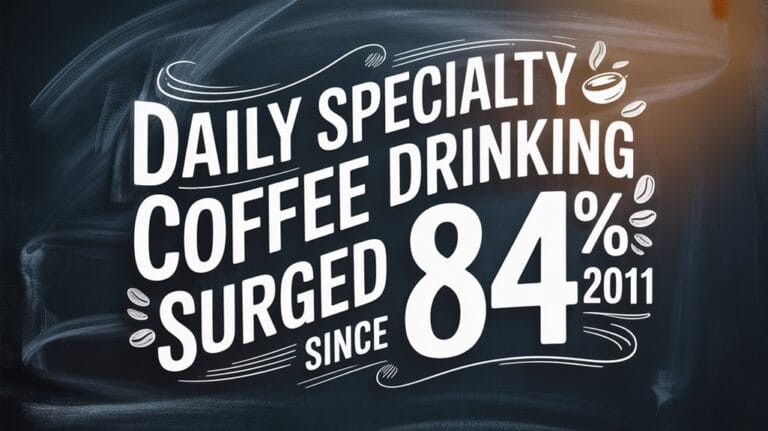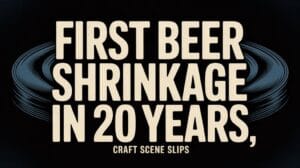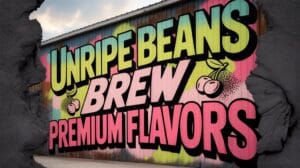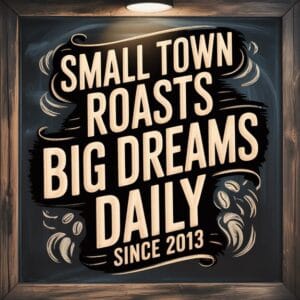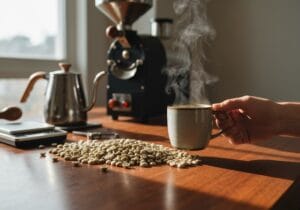As coffee culture shifts toward artisanal blends and customized drinks, specialty options like lattes and cold brew have outpaced traditional drip coffee for the initial time. In 2025, 46% of American adults reported drinking specialty coffee daily, edging past the 42% who chose traditional coffee. Daily specialty coffee consumption has surged 84% since 2011, when just 25% consumed it regularly.
This category includes espresso-based drinks, nitro brews, and premium roasts—products shaping modern preferences through variety and perceived quality. Espresso beverages jumped 17% in popularity from 2020 to 2025, now preferred by 28% of adults. Non-espresso options like cold brew grew even faster, rising 42% to reach 17% of drinkers.
Younger consumers drive this shift: 64% of 25- to 39-year-olds drank specialty coffee in the past week, the highest among age groups. Generation Z gravitates toward cold, sweetened versions, with 85% adding creamers. While 35% of specialty coffee drinkers buy their drinks out of home—nearly double the rate for traditional drinkers—most still prepare it themselves.
About 74% of specialty coffee is made at home, compared to 87% of traditional coffee. Notably, drip coffee makers remain the top preparation method for specialty drinkers, with 36% favoring this approach despite the rise of artisanal techniques. Health perceptions also play a role. Sixty-one percent of specialty drinkers believe coffee offers health benefits, influenced by FDA guidance labeling plain coffee as “healthy.” This contrasts with traditional coffee, rarely cited for wellness advantages. The growing trend of direct trade partnerships emphasizes the importance of ethical sourcing practices that enhance coffee quality.
Medium roasts dominate specialty selections, chosen by 62% of drinkers in 2025—a 35% rise since 2020. Diverse brewing methods and flavors attract those seeking personalized experiences, while traditional options focus on standard drips and roasts.
The specialty coffee boom has solidified coffee’s status as America’s top non-water beverage. 58% of Western U.S. adults opted for specialty coffee weekly in 2025, outpacing other regions and highlighting geographic disparities in consumption. Cafés and retailers now prioritize premium, customizable products, reflecting consumer willingness to pay more for quality.
Though traditional coffee remains a household staple, its artisanal counterpart has reshaped expectations—blending taste, technique, and lifestyle into every cup. As trends tilt toward innovation, this marks a cultural shift as much as a statistical one, redefining how Americans start their days.

